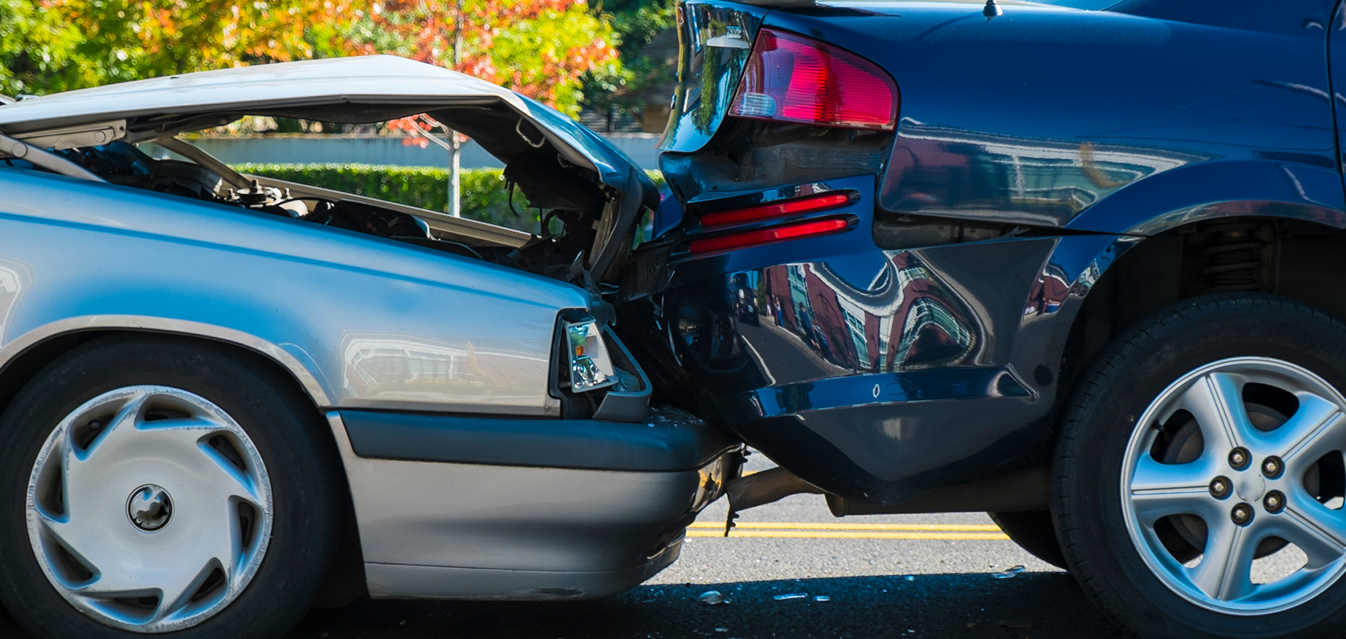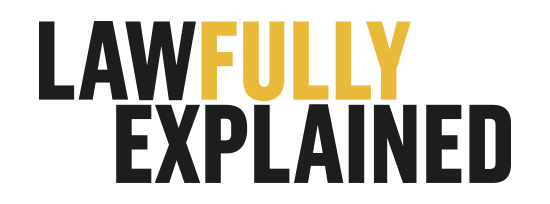
YOUR RIGHTS AND RESPONSIBILITIES IN A MOTOR ACCIDENT
Well, it happened. A moment of inattention, a split-second error, and bang –you’ve collided with another driver. And perhaps it wasn’t you who had that moment of inattention, but rather the other driver. But in the heat of the moment, when the damage becomes clear and the implications begin to hit, it can be all too easy to forget what it is you need to say and do.
First things first…
Firstly, take care of the basics. You must stop after being involved in an accident, and provide as much help as you can. If someone is seriously injured or killed, call an ambulance and the police. Remember to turn on your hazard lights to alert others to the situation, and turn off your ignition. If the car is in drivable condition, move it off the road.
What should I do at the scene?
Each driver needs to provide identification details. This includes the registration/number plate of the car involved, the driver’s name, address and phone number, and their insurance details. You should also take photos of the scene, including the damage to cars and, if safe to do so, the road situation, like any road signs nearby. These can be used as evidence in an insurance claim. If there are any witnesses, be sure to get their details as well, in case their version of events is needed. It may also be helpful to draw a diagram of the scene or write down your perspective of what happened.
If no other driver was involved – say you’ve crashed into a fence or property – call the police for help.
In some cases, the other driver may be unlicensed or the car may be unregistered. In these cases, call the police for guidance. Likewise, if the other driver leaves the scene or is aggressive towards other people involved in the crash, contact the police.
Don’t admit fault at the scene – that could be used against you in any later insurance or legal claims. Liability will be determined by the authorities, like insurance companies and legal representatives.
Contact your insurer as soon as possible after the crash to let them know what has happened. If you don’t have insurance, and you are found to be at fault, you’ll need to pay the cost of the damages to the other driver’s car.
I wasn’t at fault …
Insurance companies or lawyers will determine who was at fault. If you have insurance and you’re deemed not to be at fault, your insurance company will chase the other party for damages and will advise you on how to proceed.
When is it time to call in the lawyers?
If you’re not sure who is at fault, consider getting legal advice. You can contact a community legal centre, or a private lawyer, who will be able to advise on the laws that apply. A lawyer can also help you understand what damages may be applicable, whether to you or the other driver.
A lawyer will also be handy if the matter proceeds to court – they can help you to build and prove your case. If you suffer an injury in the accident, or if the other driver refuses to pay damages, a lawyer can help you get the compensation you are owed.
